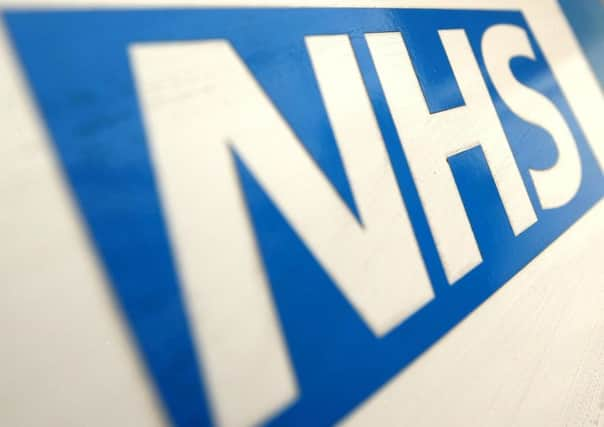Reporting ban on Scots NHS drug talks to be lifted


The Scottish Medicine Consortium (SMC) meeting, where the cost effectiveness of new treatments is debated, was attended by about 20 members of the public, who welcomed the chance to hear the debate taking place.
It comes after the Scottish Government pledged to make the process more transparent after years of controversy over the availability of drugs in Scotland, which in some cases means treatments available in England are not given to Scottish patients.
Advertisement
Hide AdAdvertisement
Hide AdBut there was concern after information given to attendees before the meeting stated that those attending “must not directly or indirectly quote” anything said by any individuals due to “concern that they may be misquoted or quoted out of context”.
However, at the start of the meeting chair Professor Jonathan Fox said they now accepted this restriction was not possible to enforce and guidelines would be reviewed in future.
An SMC spokesman said: “The chair of SMC made members of the committee aware that this is a public meeting and everything said by members can be quoted publicly after the meeting.
“Although the current guidance we’ve issued discourages this, it is impossible and inappropriate for us to tell attendees not to quote directly from the meeting. We will amend the guidance shortly.”
The meeting heard submissions for five drugs submitted by their manufacturers for conditions ranging from Type 2 diabetes and asthma to pancreatic cancer and hepatitis C.
Members of the committee, which includes doctors, financial experts and pharmacists, heard details of clinical trials outlining the effectiveness of the drugs along with economic information how much they would cost the NHS. In some cases drugs were said to reduce costs, while in others the costs were higher.
The meeting also heard submissions from patient organisations, including Diabetes UK Scotland who highlighted the benefits of the new drug Invokana, such as reduced weight gain and improved blood pressure control.
Members of the committee also had the opportunity to raise their own questions about the treatments before casting their vote on whether the drug should be made available on the NHS. However, the outcome of the vote will not be made public for four weeks.
Advertisement
Hide AdAdvertisement
Hide AdRepresentatives from charities attending the meeting, while not able to speak at it, welcomed the opportunity to see how the decision-making process worked for the first time.
Ali Stunt, founder and chief executive of charity Pancreatic Cancer Action, travelled to Glasgow from Hampshire to hear discussions about the new treatment Abraxane.
Ms Stunt, a pancreatic cancer survivor, said: “I think it is a really positive move to allow the public in. It is something that is going to help take away some of the mystique that is involved in this decision making process which is extremely important.
“But also for the people making decisions, for them to understand that there are people being represented by charities or members of the public affected by the decisions they are discussing there in the room is quite powerful.”
David Park, campaign manager at Pancreatic Cancer UK, said: “This is a positive but necessary step. We are talking about public money and people want to know how their money is spent.”
Mr Park said he did not believe members of the SMC were “holding back” in their discussions because the public were now attending.”
Opposition parties said transparency at the meetings was vital now they were being held in public, following concerns about earlier rules on what could be reported.
Jackson Carlaw, Scottish Conservative health spokesman, said: “When it comes to the commercial confidentialities and potential sensitivities surrounding the approval of new medicines, it’s understandable that a degree of discretion is required.
Advertisement
Hide AdAdvertisement
Hide Ad“However, to frogmarch the media through some kind of SMC censorship committee would have aroused public suspicion and inspired a lack of confidence in this supposed process of transparency.”
Scottish Labour’s Neil Findlay added: “I hope that they reconsider these onerous restrictions and return with refreshed guidelines which meet the spirit of openness and accountability that many other organisations are very comfortable with, but which seems beyond the SMC at this point.”
SEE ALSO